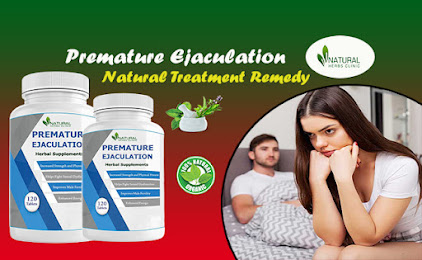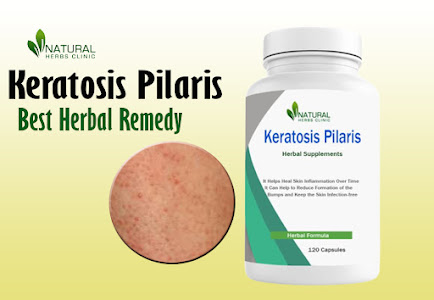Understanding Granuloma Annulare: Causes, Symptoms, and Home Remedies
This article delves into the details of Granuloma Annulare Home Remedies, including its causes, symptoms, and various home remedies to alleviate its effects.
Introduction
Granuloma annulare is a skin condition that affects people of all ages and backgrounds. This article delves into the details of Granuloma Annulare Home Remedies, including its causes, symptoms, and various home remedies to alleviate its effects.
What Is Granuloma Annulare?
Granuloma
annulare is a relatively common skin disorder characterized by the formation of
small, reddish, or flesh-colored bumps in a ring or circular shape on the skin.
While it's typically harmless and not contagious, the appearance of these
lesions can be a cause of concern for many individuals.
Understanding the Causes
The
exact cause of granuloma annulare remains unknown, but it's believed to be
related to various factors, including:
1. Immune System Dysfunction
Some
researchers suggest that an abnormal immune system response may trigger the
development of granuloma annulare.
2. Genetic Predisposition
There
may be a genetic component to granuloma annulare, as it sometimes runs in
families.
3. Other Health Conditions
In
some cases, Home Remedies For Granuloma Annulare may be associated with other underlying health
conditions, such as diabetes or thyroid disease.
Recognizing the Symptoms
Granuloma
annulare typically presents with the following symptoms:
1. Skin Bumps
The
most common and noticeable symptom is the formation of small, raised bumps on
the skin, often arranged in a ring or circular pattern.
2. Itching
Some
individuals with granuloma annulare may experience mild to moderate itching in
the affected area.
3. Skin Discoloration
The
lesions can vary in color, ranging from flesh-colored to reddish or even
brownish.
4. Skin Thinning
In
rare cases, the skin over the lesions may become thinner or more fragile.
Diagnosing Granuloma Annulare
To
diagnose granuloma annulare, a dermatologist will typically perform a physical
examination and may order additional tests to rule out other skin conditions.
Treatment Options
While
granuloma annulare often resolves on its own without treatment, some people may
seek relief from bothersome symptoms or cosmetic concerns. Here are some home
remedies and treatment options:
1. Topical Steroids
Dermatologists
may prescribe topical steroids to reduce inflammation and itching associated
with granuloma annulare.
2. Cryotherapy
Cryotherapy
involves freezing the lesions with liquid nitrogen to help them disappear.
3. Phototherapy
In
some cases, exposing the affected skin to ultraviolet (UV) light may be
beneficial.
4. Home Remedies
Several
home remedies may help alleviate symptoms, including the application of aloe
vera gel, apple cider vinegar, or turmeric paste to the affected area.
5. Healthy Lifestyle
Maintaining
a healthy lifestyle, including managing underlying health conditions, can also
play a role in managing granuloma annulare.
Conclusion
Granuloma Annulare Dormant is a skin condition that, while not usually a cause for medical concern, can be bothersome due to its appearance and associated symptoms. Understanding its causes, recognizing its symptoms, and exploring various treatment options, including home remedies, can help individuals manage this condition more effectively.



Comments
Post a Comment